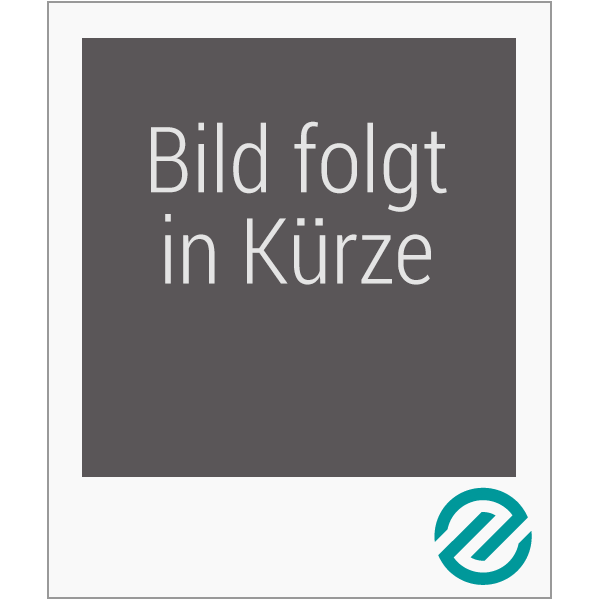In this thesis, the recycling of the so-called "black material", which consists of the active materials of lithium-ion batteries, is comprehensively investigated. It starts with equilibrium studies, followed by the continuous operation in an extraction column, and is concluded with a mass transfer kinetic study. In the equilibrium study, the optimal operating parameters for the separation of manganese and by-products (including Al, Cu) from a black material liquor were determined. In particular, the influence of the neutralization degree of the ion exchanger on the extraction yield, as well as the selectivity was investigated. In a second step, the literature-known separation of cobalt and nickel can thus be carried out. The equilibrium data were then used to study the continuous extraction operation in a column. For this purpose, synthetic and industrial solutions were purified in a DN 50 Disc & Doughnut column. Both hydrodynamics and mass transfer were investigated. Final kinetic modeling, which considers both forward and backward reactions, was successfully developed. Using Sherwood correlations, this can be universally applied to extraction columns.
